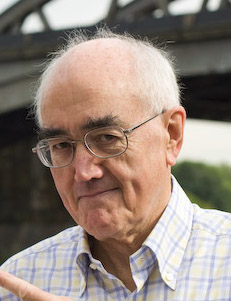Unless there is a nuclear world war or a pandemic deadlier than COVID-19 sometime this century, advances in technology will allow humanity this century to achieve the greatest change in history: the end of scarcity.
Scarcity has existed since since before humans existed. Scarce food. Scarce fresh water. Scarce shelter. Scarce money once currency replaced barter. Although 900 million humans have risen out of poverty during the past 30 years, 700 million, a tenth of humanity, still find food, fresh water, shelter, and income of even the equivalent of a dollar per day, scarce.

And even though most of the other 6 billion humans might still consider many of those things to be relatively scarce, the concept of a world soon without hunger, homelessness, or a want for basic necessities isn’t a dream, fantasy, or science fiction anymore.
Scarcity has existed since since before humans existed. Scarce food. Scarce fresh water. Scarce shelter. Scarce money once currency replaced barter. Although 900 million humans have risen out of poverty during the past 30 years, 700 million, a tenth of humanity, still find food, fresh water, shelter, and income of even the equivalent of a dollar per day, scarce. And even though most of the other 6 billion humans might still consider many of those things to be relatively scarce, the concept of a world soon without hunger, homelessness, or a want for basic necessities isn’t a dream, fantasy, or science fiction anymore.
James Burke, tells you why. In a 28-minute radio broadcast on the British Broadcasting Corporation during New Year’s Day 2018, the British author, television producer, and historian of science historian describes what will soon become the biggest change to humanity in 10,000 years. And how the economics of abundance will disrupt civilization.
If you don’t have time to listen to Burke explain it all by voice, you can read what he says here.
2 thoughts on “The Greatest Change of All”